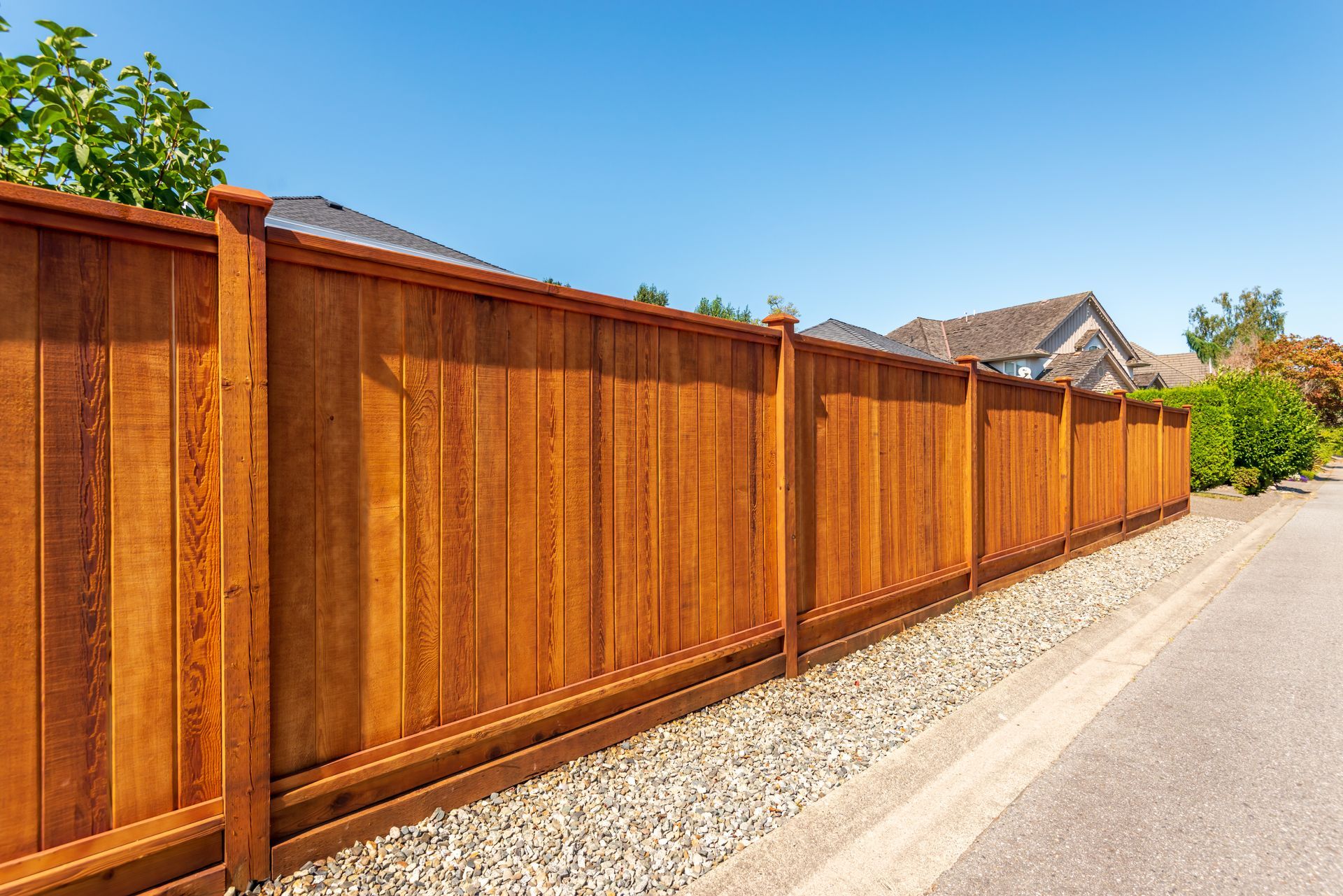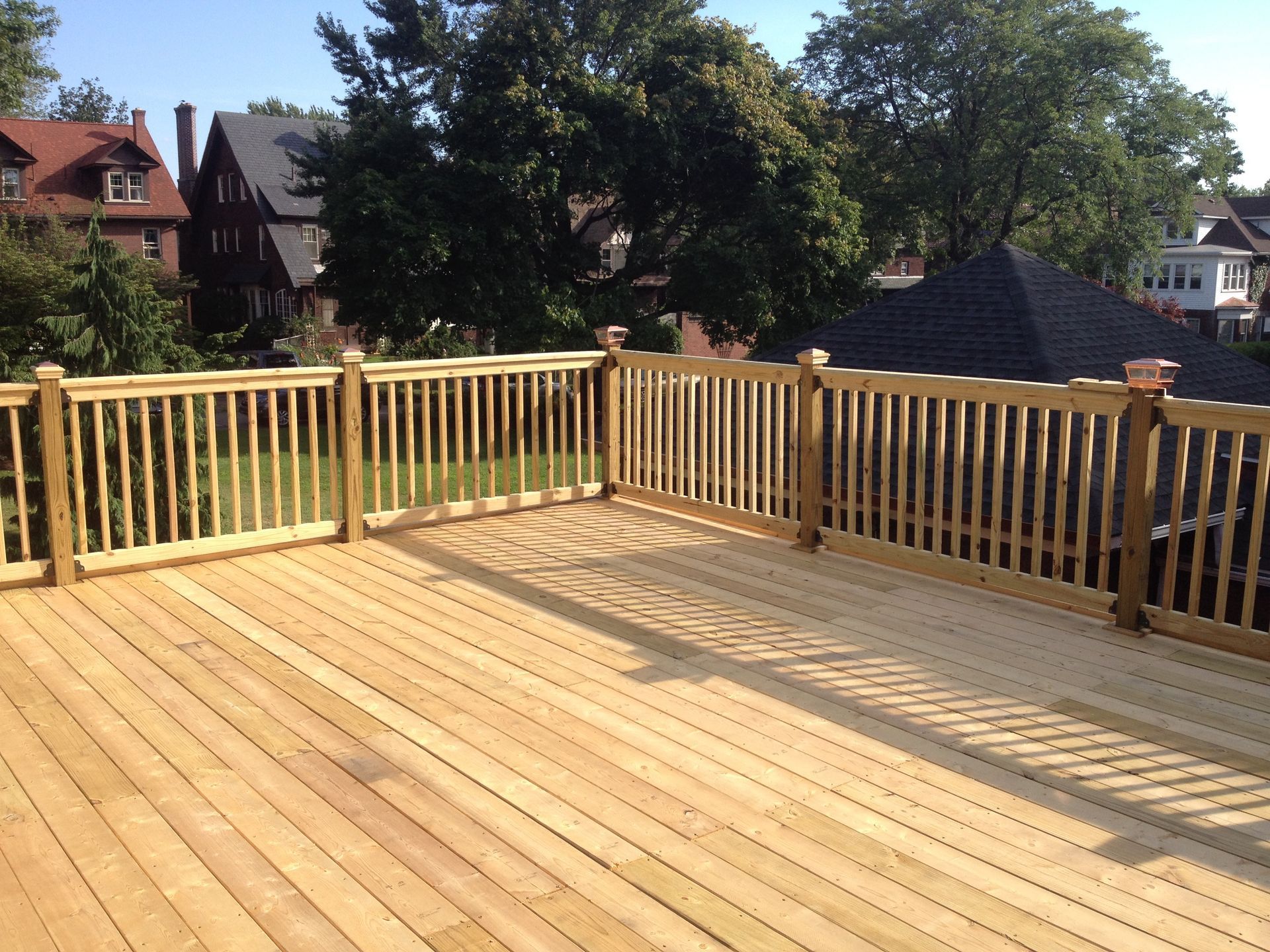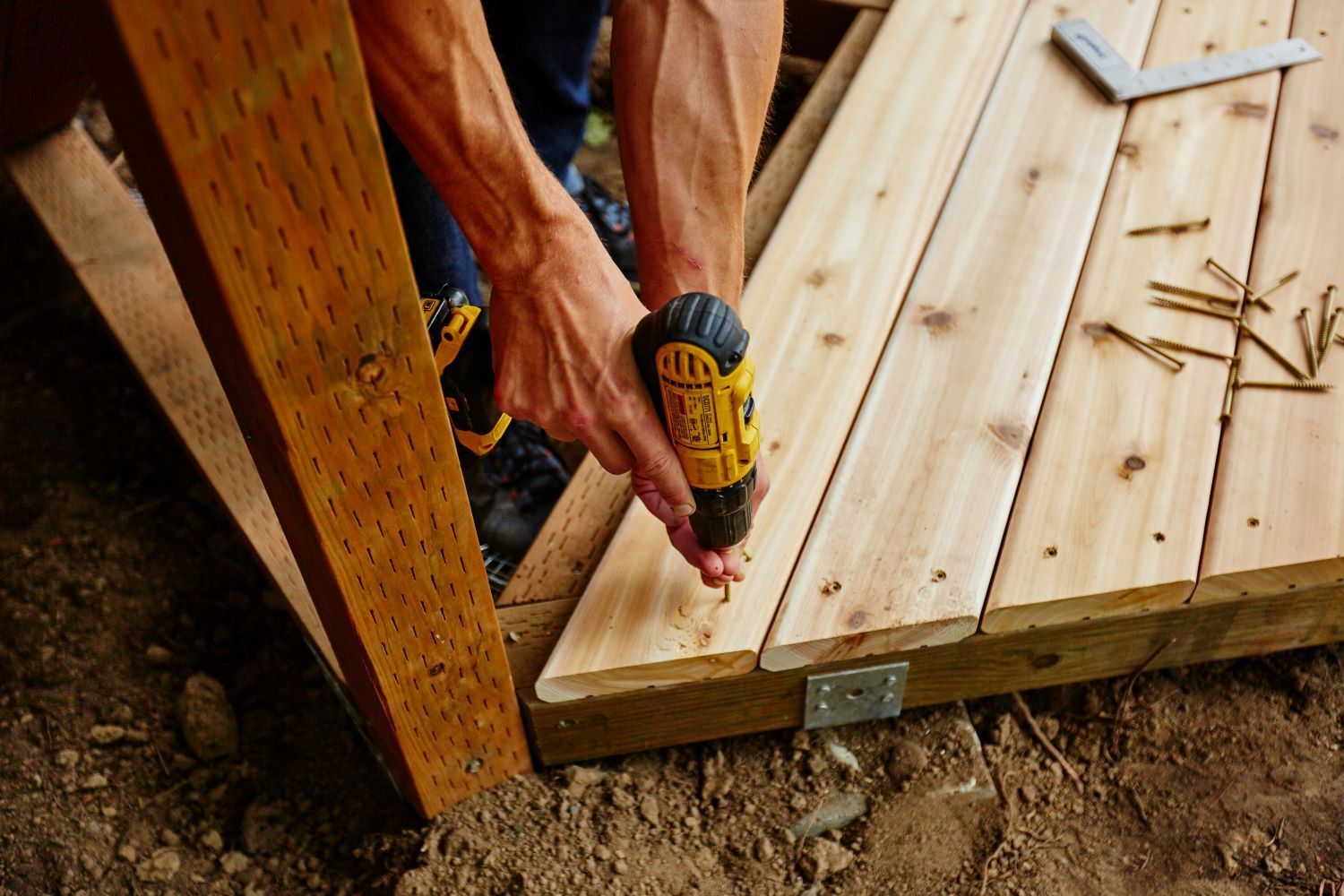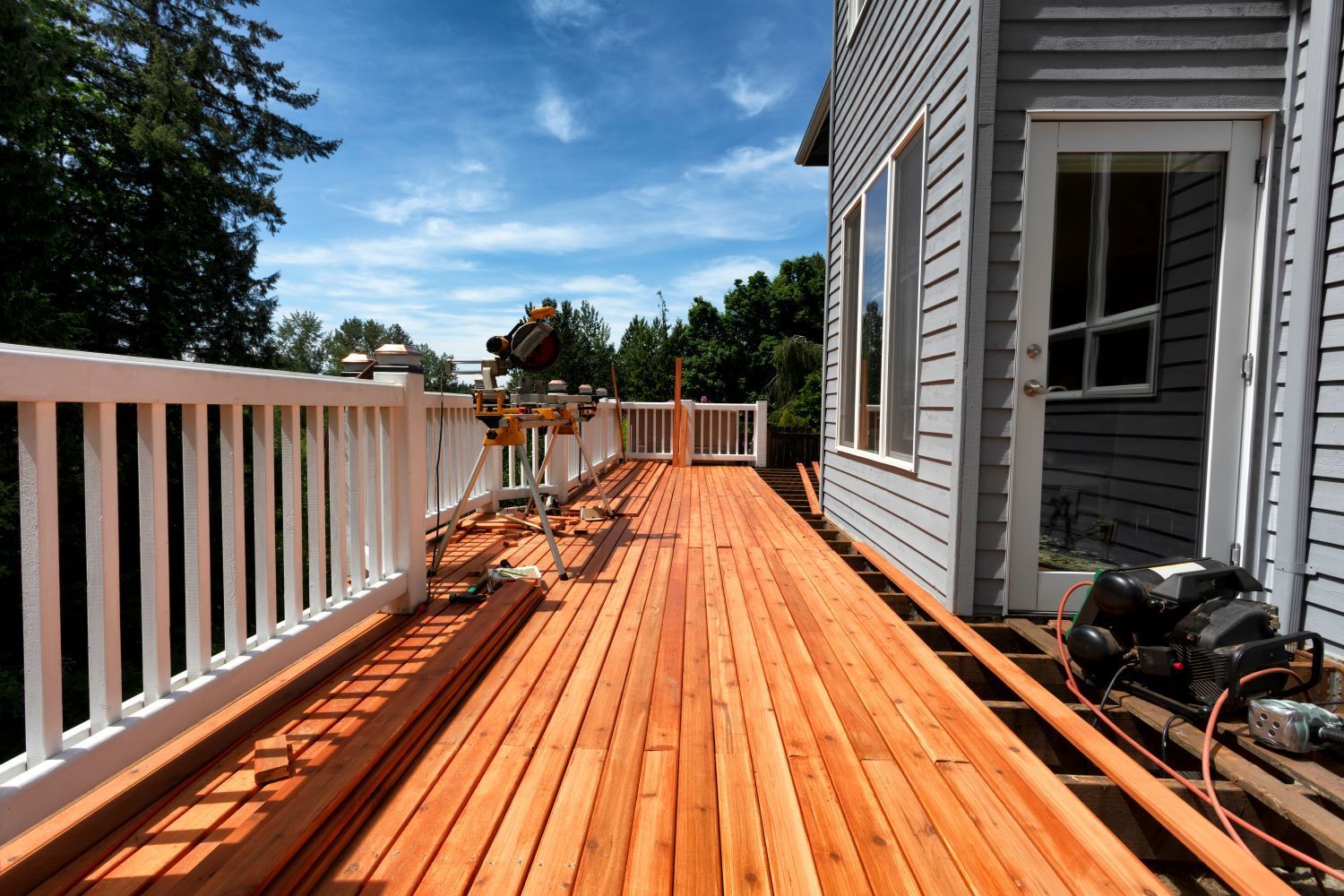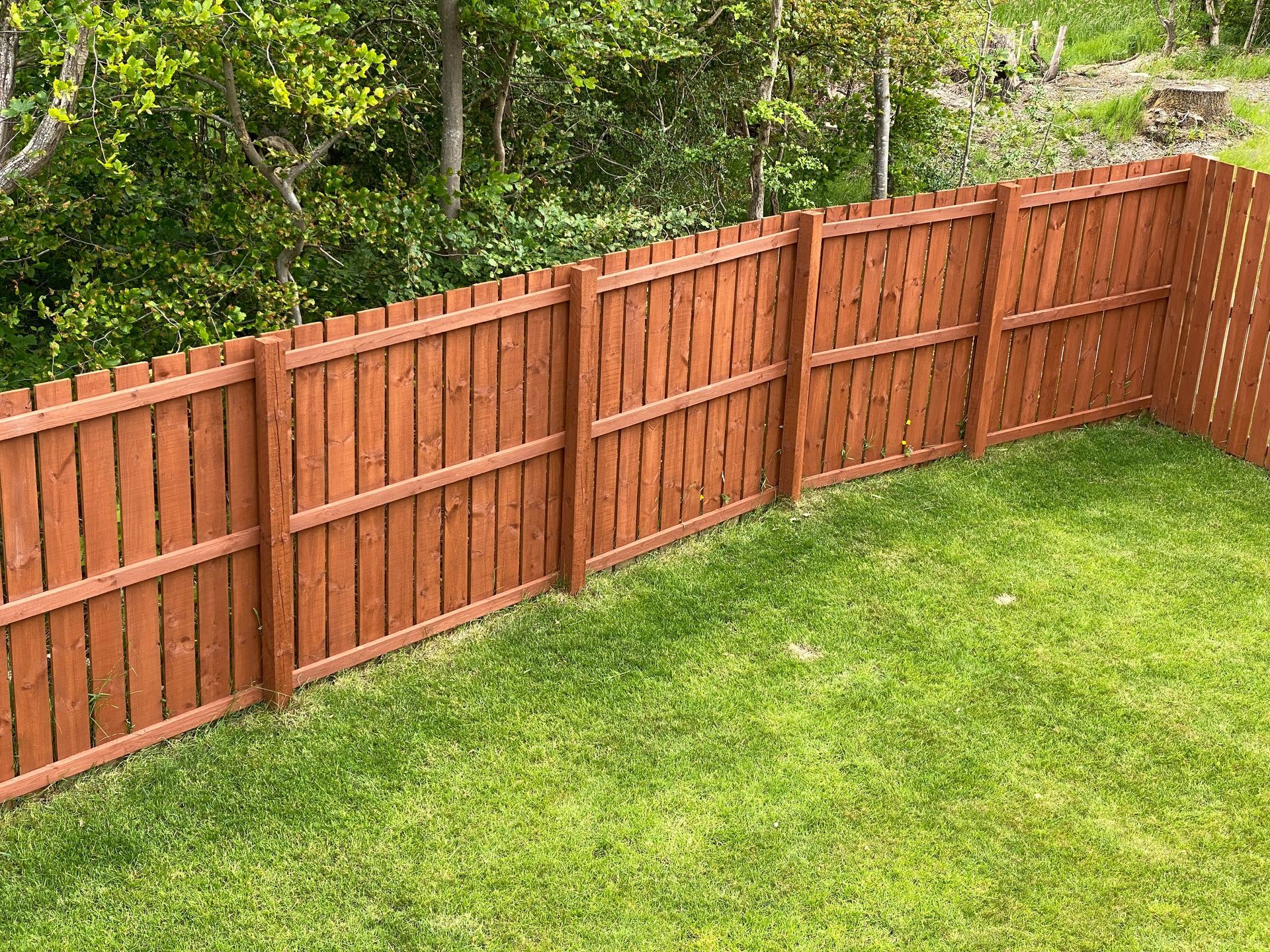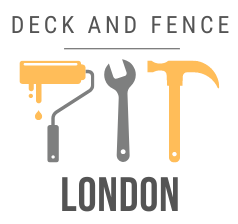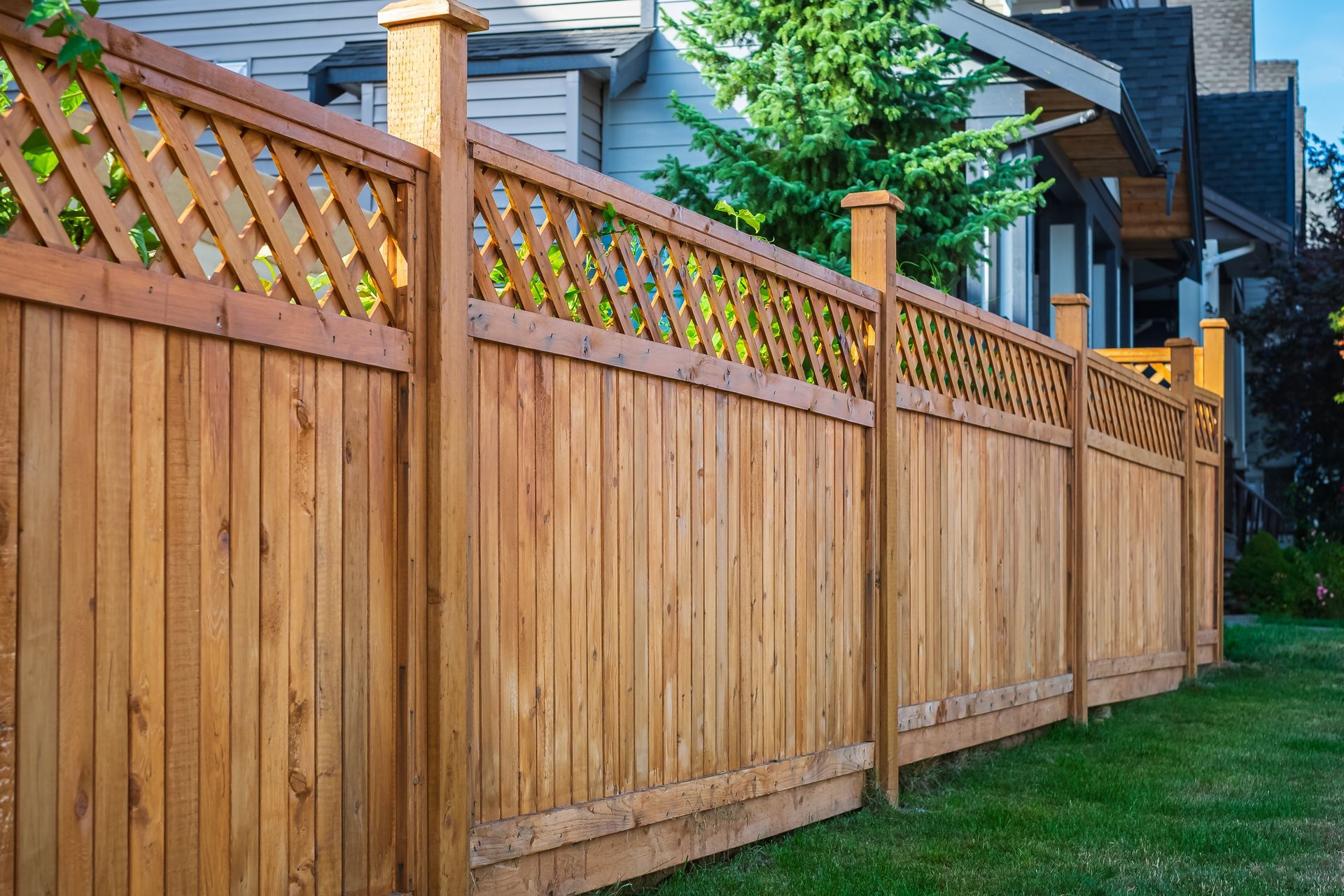Understanding the Difference Between a Residential and Commercial Fences
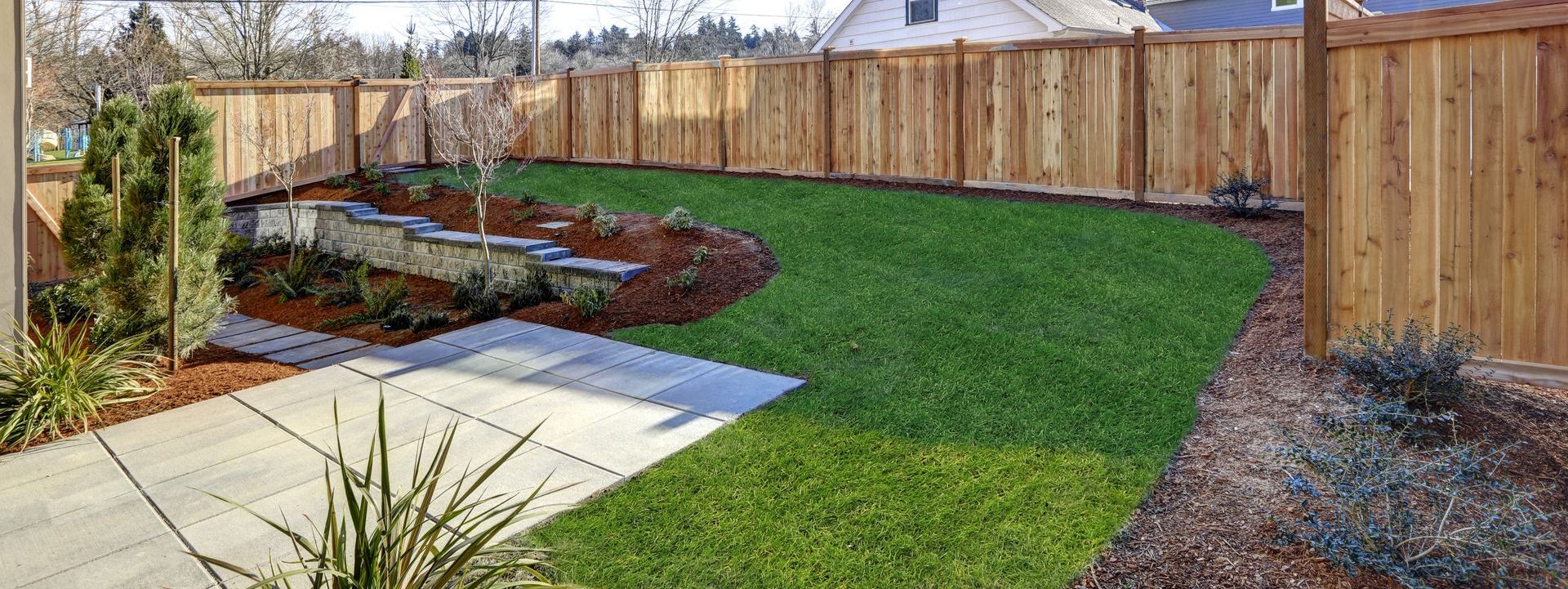
When it comes to fence building, the requirements and considerations can vary significantly between residential and commercial properties. At Deck and Fence London, we understand the unique needs of homeowners and business owners in London, Ontario. In this article, we will explore the key differences between a fence for your home and one for your business, helping you make an informed decision that meets your specific needs.
1. Purpose and Functionality
Residential Fences
For homeowners, fences primarily serve the purpose of privacy, security, and aesthetic enhancement. Here are the main considerations:
- Privacy: Homeowners often seek fences that provide privacy from neighbors and passersby. Tall, solid fences are popular choices to create a secluded backyard oasis.
- Security: A residential fence also acts as a barrier to keep children and pets safe within the yard and deter trespassers.
- Aesthetics: The appearance of the fence is crucial for homeowners. They look for designs that complement their home’s architecture and landscaping.
Commercial Fences
For businesses, the primary focus is on security, access control, and branding. Here’s what business owners need to consider:
- Security: Businesses often require robust fencing solutions to protect valuable assets, equipment, and sensitive information. High-security features like barbed wire or electric fences might be necessary.
- Access Control: Fencing for commercial properties needs to regulate access, providing controlled entry points for employees, clients, and deliveries.
- Branding and Appearance: While security is paramount, the fence should also reflect the business’s brand and professionalism. A well-designed fence can enhance the curb appeal of the business property.
2. Materials and Durability
Residential Fences
Homeowners have a wide range of materials to choose from, each offering different levels of durability and maintenance:
- Wood: A popular choice for its natural look and versatility in design. However, it requires regular maintenance to prevent rot and decay.
- Vinyl: Known for its durability and low maintenance. It comes in various styles and colors to match the home’s aesthetic.
- Metal: Options like aluminum and wrought iron provide a blend of strength and decorative appeal. They are durable and require minimal upkeep.
Commercial Fences
For businesses, durability and security take precedence over aesthetic appeal:
- Chain Link: A common choice for its affordability and effectiveness in providing security. It can be enhanced with barbed wire or privacy slats.
- Steel: Offers maximum security and durability. Often used for high-security facilities.
- Composite: Combines the strength of metal with the aesthetic options of wood or vinyl. It’s a versatile and durable option for commercial properties.
3. Regulations and Compliance
Residential Fences
Homeowners must adhere to local zoning laws and homeowners association (HOA) regulations, which may dictate:
- Maximum height of the fence.
- Approved materials and colors.
- Setback requirements from property lines.
Commercial Fences
Businesses must comply with more stringent regulations, which can vary based on the type of business and its location:
- Building Codes: Specific codes may apply to ensure safety and security.
- Zoning Laws: Commercial properties must comply with local zoning ordinances that may dictate fence height, materials, and placement.
- Industry Standards: Certain industries, like healthcare or utilities, may have additional requirements for fencing to ensure compliance with safety and operational standards.
4. Installation and Maintenance
Residential Fences
- DIY vs. Professional Installation: While some homeowners may opt for DIY installation, professional installation ensures the fence is built to last and complies with local regulations.
- Maintenance: Regular maintenance like staining, painting, or repairs is necessary to keep the fence looking good and functioning well.
Commercial Fences
- Professional Installation: Commercial fences generally require professional installation to meet security standards and ensure durability.
- Maintenance: Businesses may need to schedule regular inspections and maintenance to ensure the fence remains secure and in good condition.
Conclusion
Understanding the differences between residential and commercial fences is essential for making the right choice for your property. At Deck and Fence London, we specialize in providing tailored fencing solutions for both homes and businesses in London, Ontario. Whether you’re looking to enhance your backyard privacy or secure your business premises, our team is here to help. Contact us today to discuss your fencing needs and discover how we can create the perfect fence for your property.
